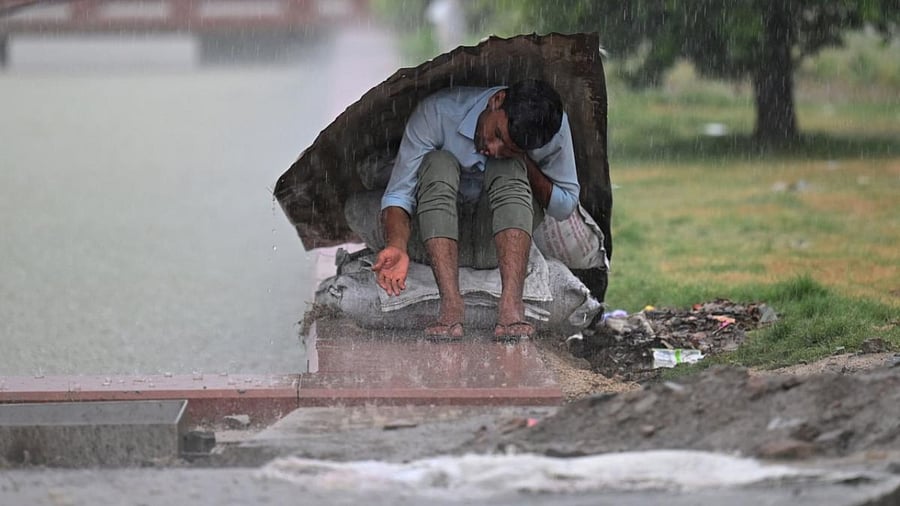
India is likely to receive monsoon rainfall between 94 per cent to 106 per cent of a long-term average in July, the state-run India Meteorological Department said on Friday, the most crucial month for the planting of critical crops such as rice and soybeans.
The weather office defines average, or normal, rainfall as between 96 per cent and 104 per cent of a 50-year average of 87 cm (35 inches) for the entire four-month season beginning in June. Rains between 90 per cent to 96 per cent are considered below average.
India received 8 per cent lower rainfall than average in June because of a scanty monsoon in the central parts of the country.
Monsoon rains are likely to be average or above average over some regions of northern India, central India and most parts of southern India, the weather office said. It said that most regions in the eastern and northeastern parts of the country are likely to receive average to below average monsoon rains.
Some regions where monsoon rains are expected to be average or below average fall under the country's rice belt.
As India's summer-sown rice accounts for more than 85 per cent of its annual production of 129.66 million tonnes, monsoon rains play a crucial role in determining the crop size.
Plentiful rains will help New Delhi maintain its preeminent position in the global rice trade.
Patchy monsoon rains, however, would stunt the crop and cut yields, leading to a drawdown in state inventories that would trigger export curbs to ensure sufficient supplies for the country's 1.4 billion people.
The monsoon - which accounts for nearly 70 per cent of India's annual rainfall and is the lifeblood of its $2.7 trillion agriculture-dependent economy - waters almost half of the country's farmlands that lack irrigation.
Farming contributes about 15 per cent to India's $2.7 trillion economy while sustaining more than half the population.